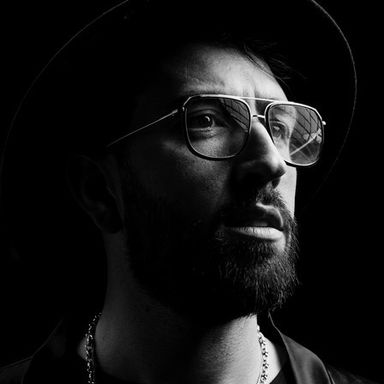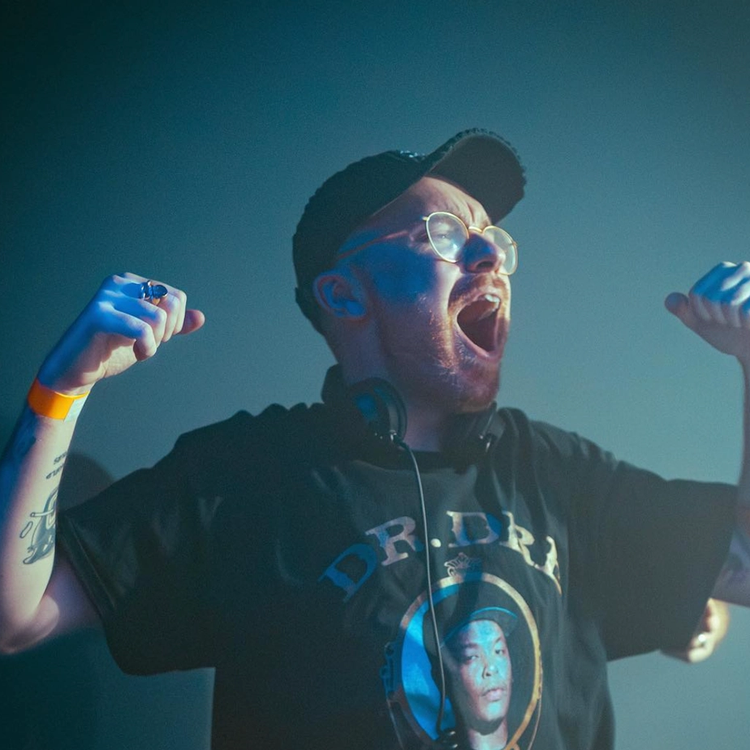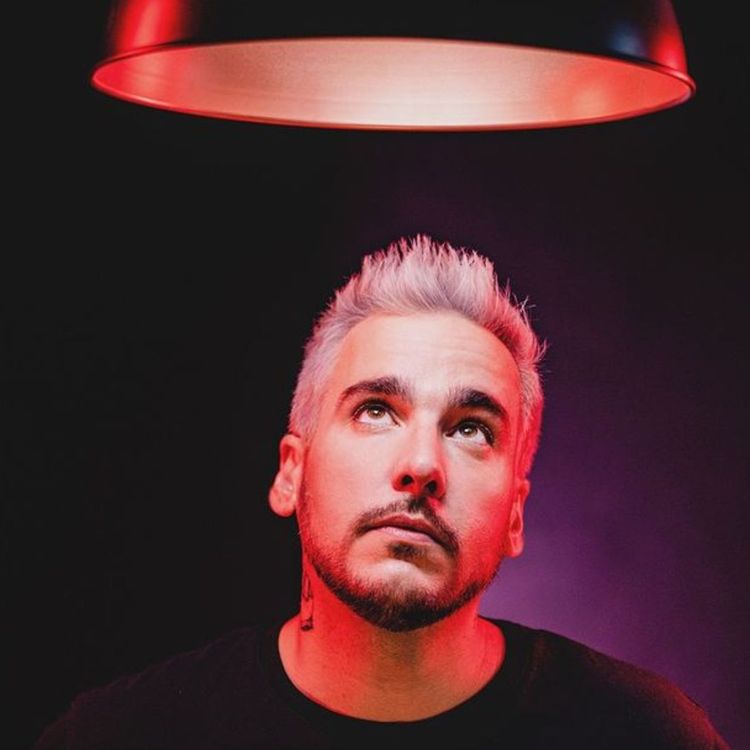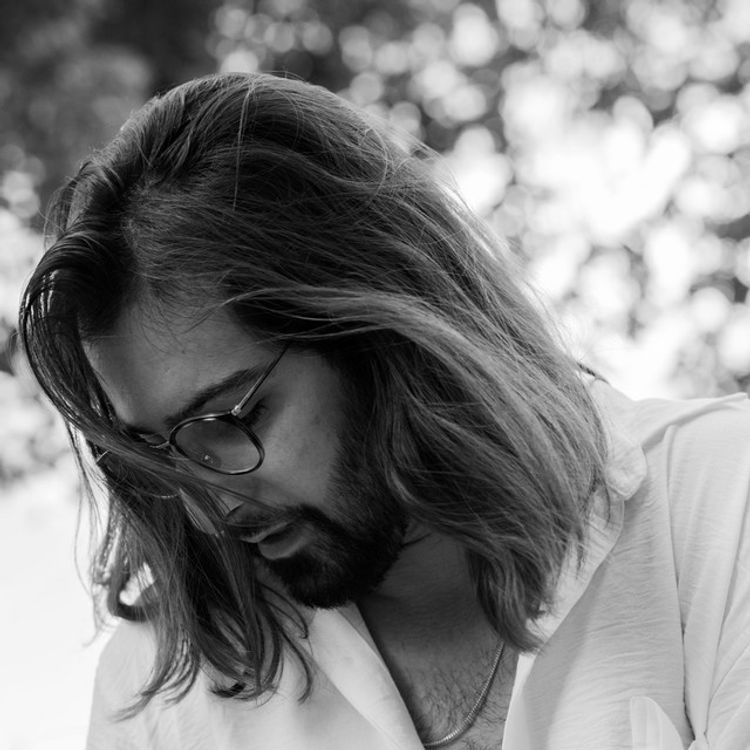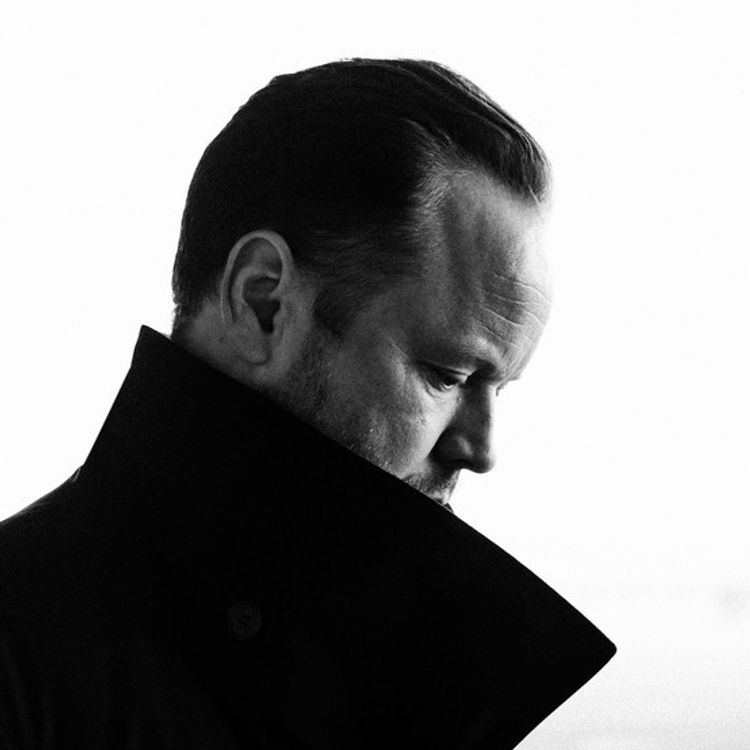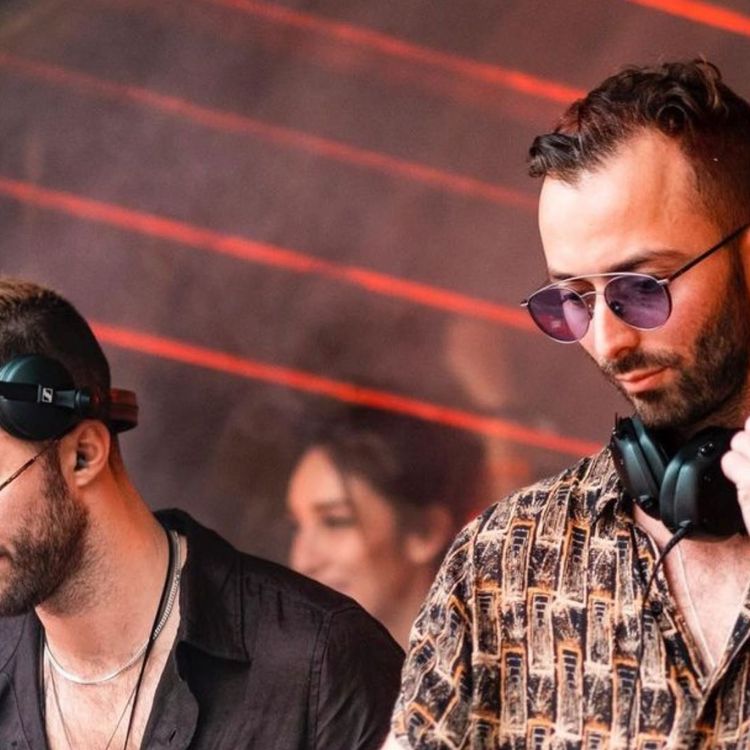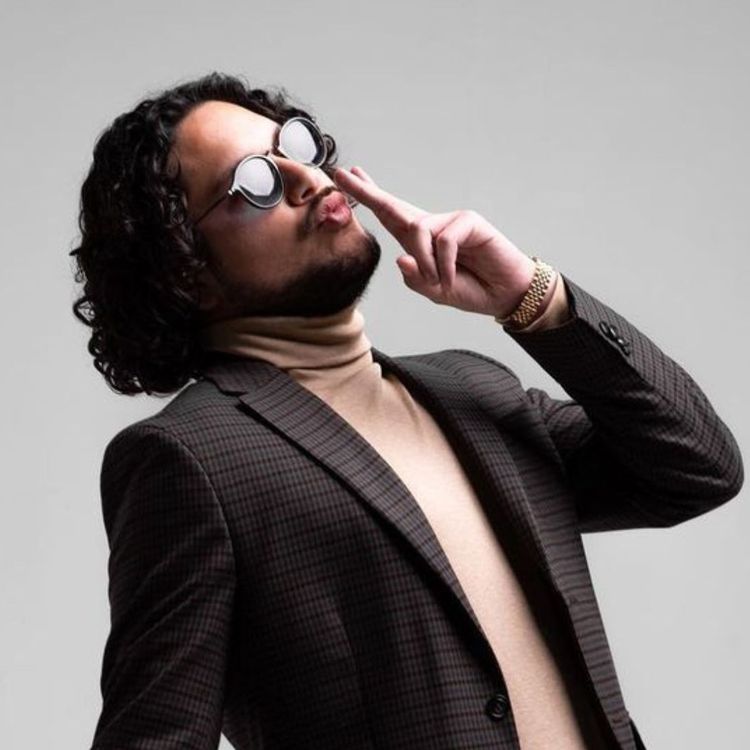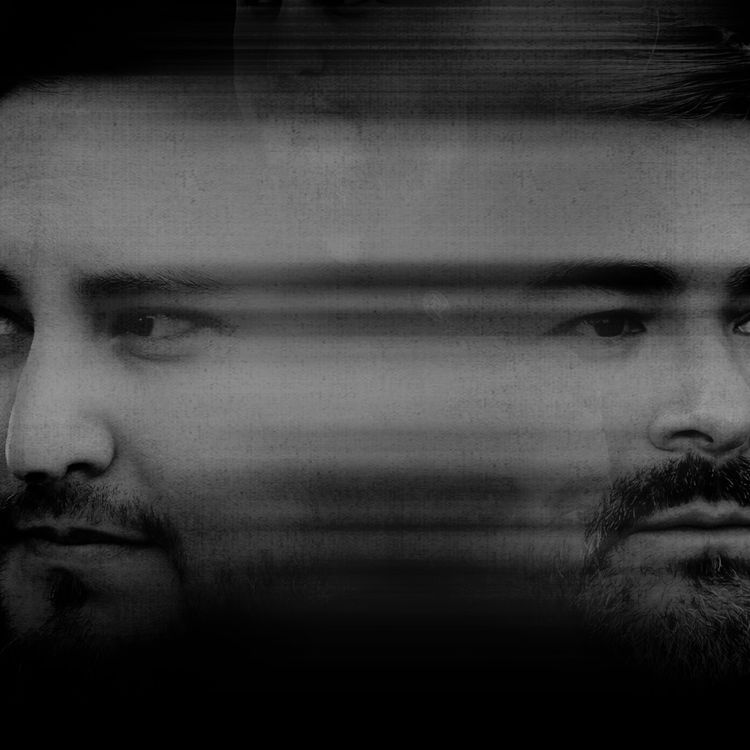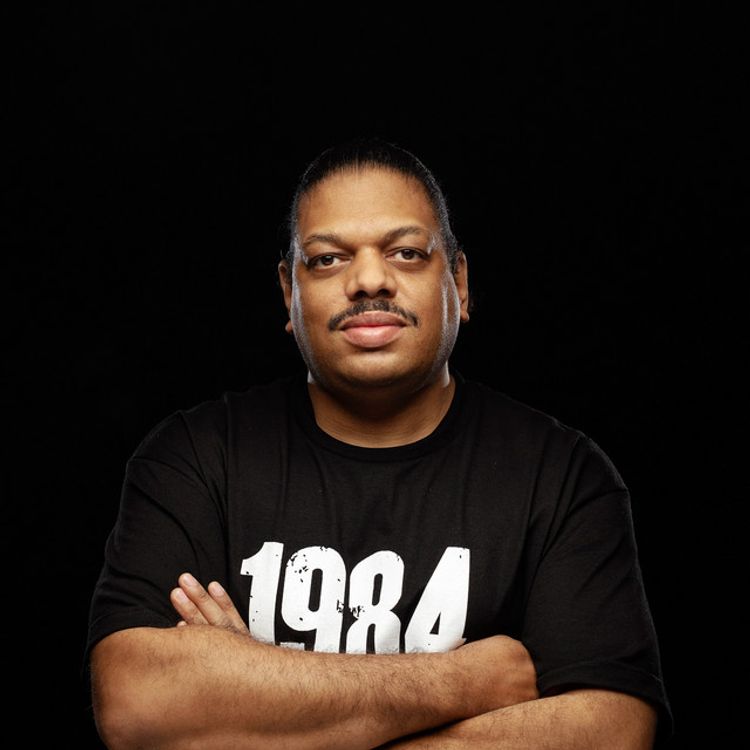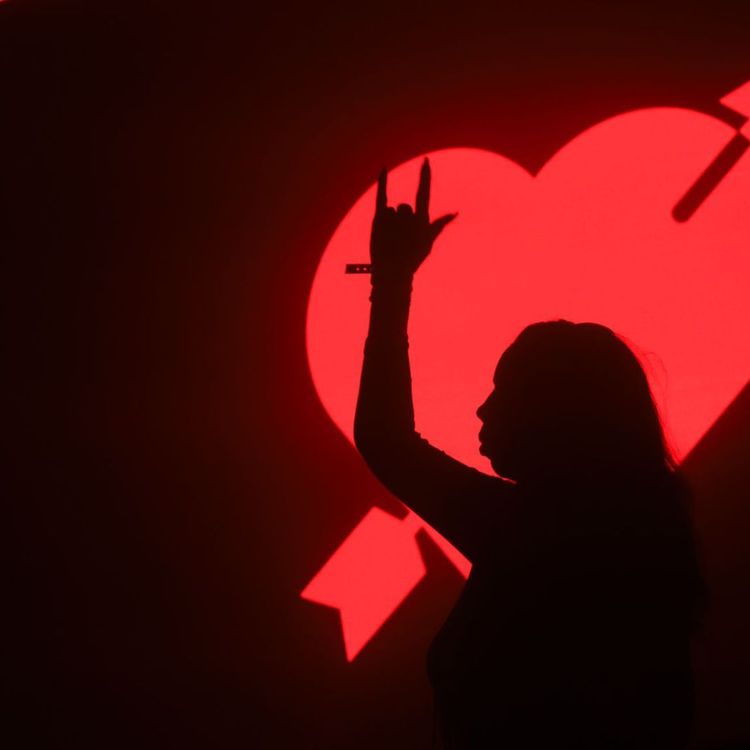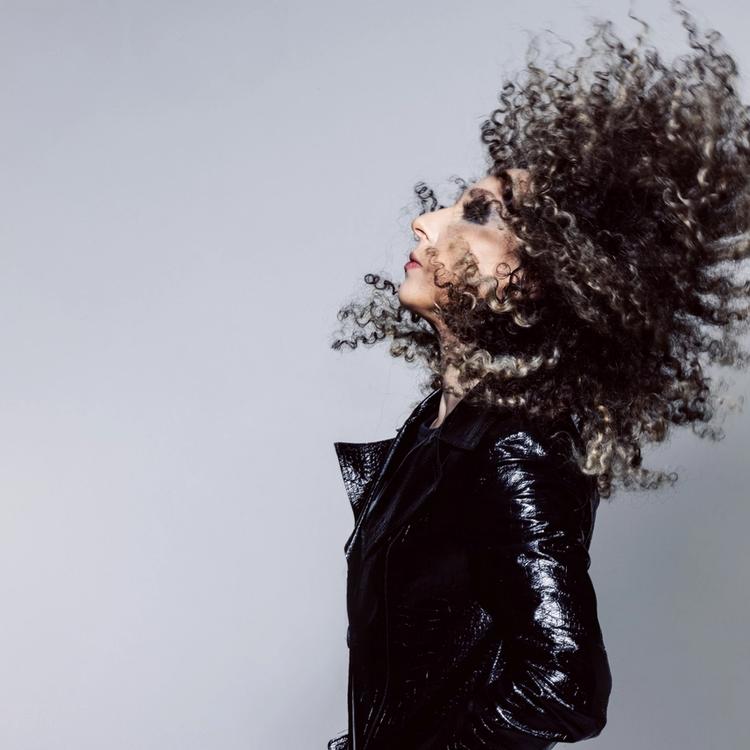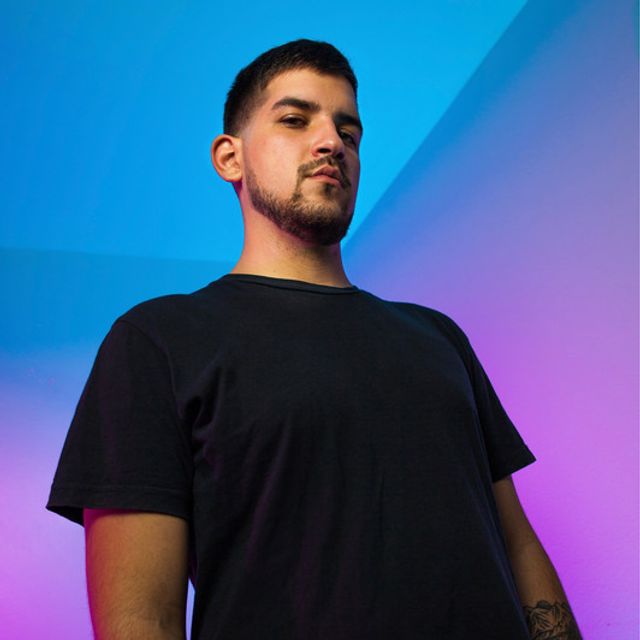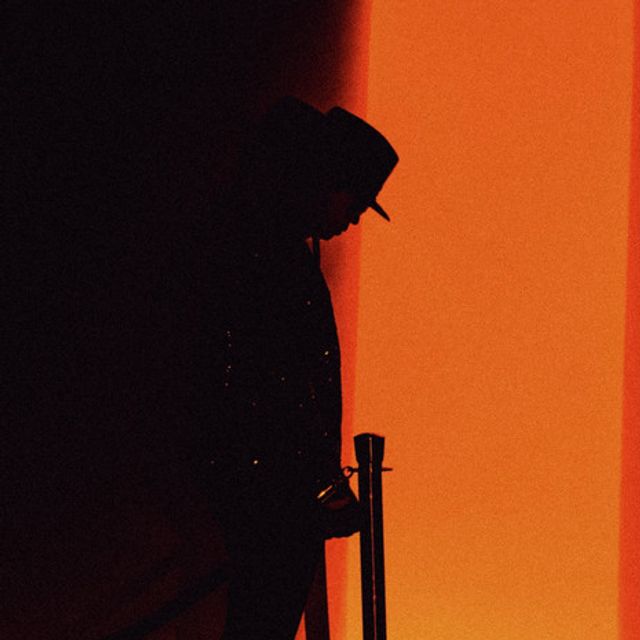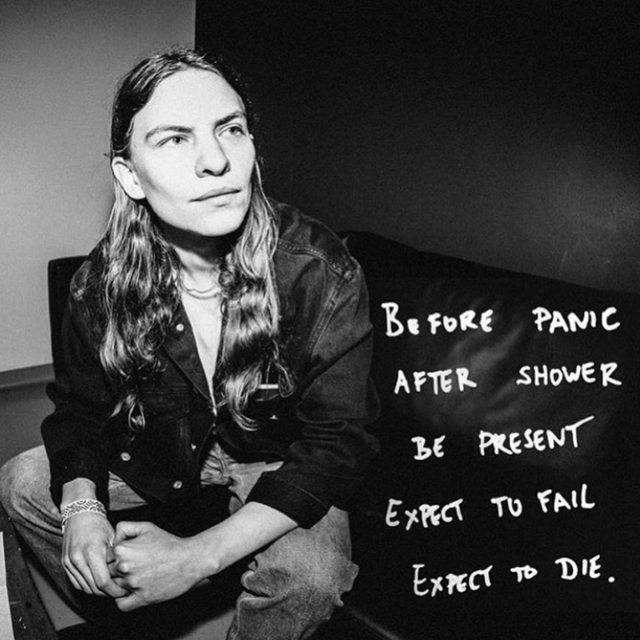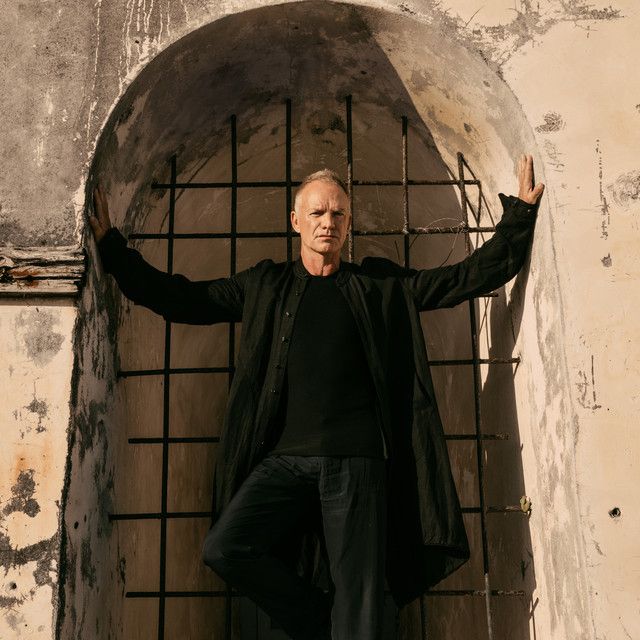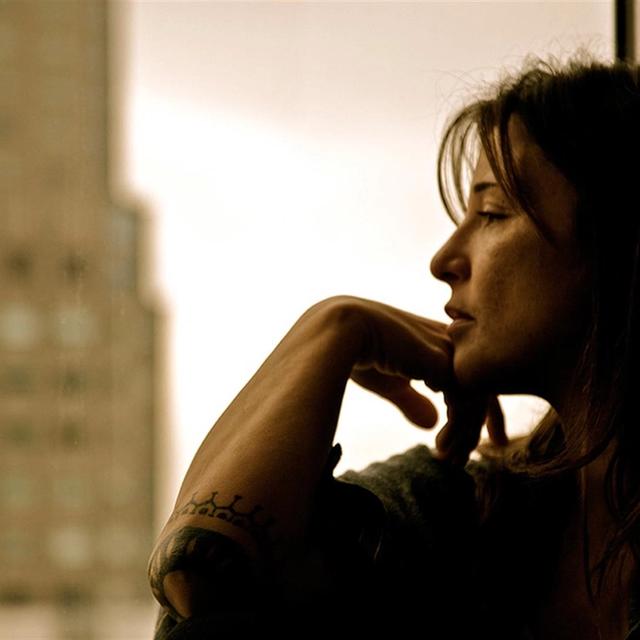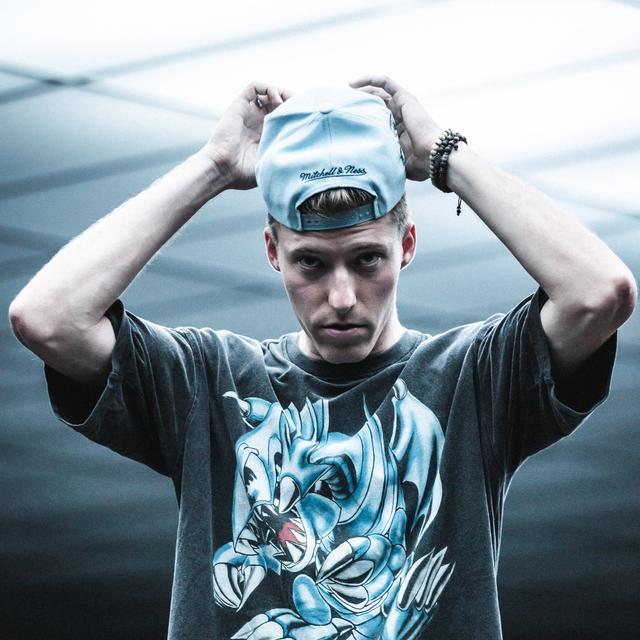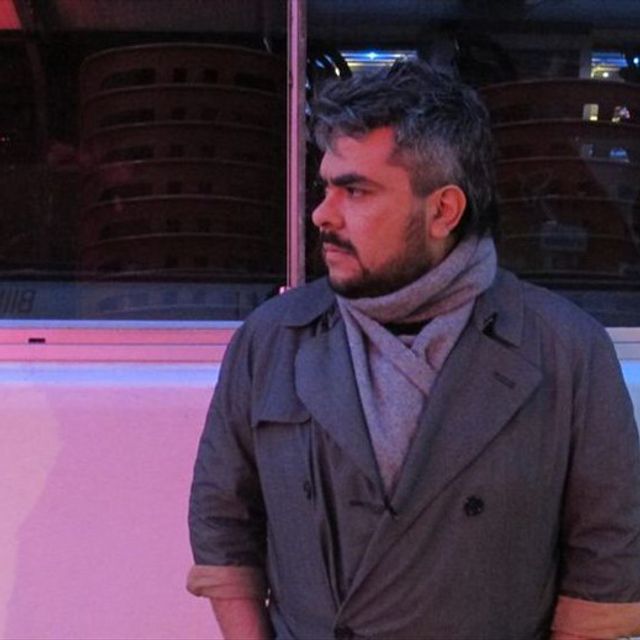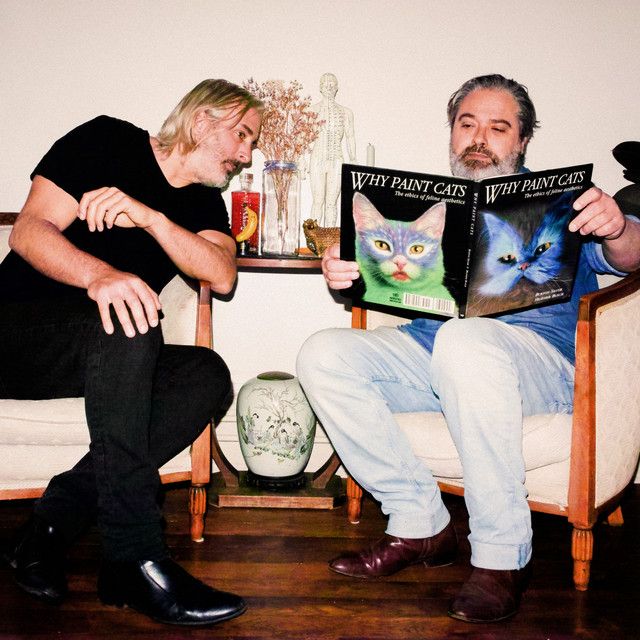Artist Spotlight
Rafa Barrios has one word to describe his musical style, "Fiesta." The self-described studio addict, touring DJ, and label manager is not one to sit on his laurels. Growing up in Southern Spain, Barrios discovered house music in his teenage years. He immediately dove headfirst into the world of electronic, learning how to DJ and produce at a young age. He has released on some of the best labels in the scene and continues to grow his brand and sound. Rafa just wrapped up a tour in the US and is excited to come back as soon as he can.
How would you describe the type of music you create?
Hello familia! I would describe it as FIESTA. Something that describes me is the groove and the bass that make the dance floor pump. I want people to not stop dancing. Pure FIESTA!
What do you remember about your first gig?
I remember that my family and closest friends went to my first gig to support me. There were like 40 people at the club. I opened the night and nor even the whole staff was there already.
What excites you about the future of house music?
It’s hard to predict a future, it’s changing constantly, but for example I can tell you that house music in Spain is not evolving because of the pandemic. The good thing though is that a lot of good producers are coming out as now everyone has more time to produce music, so I can see strong and talented producers hitting the market in the next few years and I love that.
You started DJing at the age of 14 I believe. Such a young start and yet not all that uncommon in this world. What pushed you at such a young age to seek out DJing and how did you discover house music so young?
An uncle of mine was always listening to electronic music when I was young. He used to listen to techno and breakbeat, which was pretty strong in southern Spain at the time. He used to drive me in his car when I was 12 or 13 years old and that is how I started to be familiar with electronic music. So at the age of 14, I asked my parents to buy me my first vinyls. Breakbeat of course. And soon I started playing at friends’ houses etc. I loved those years!
Growing up in Sevilla, what was the house / techno scene like there and how have you felt its changed over the years?
I’m not in Sevilla much these days. I only come to visit my family every couple of months. I have been touring in America almost all year. It used to be all about breaks, and then it evolved a little to techno and tech house, but in general, the scene in Sevilla is not very strong. It’s a very classic and traditional place in Spain. I hope that step by step we can make Sevilla grow culture wise.
Do you think there are any sounds or styles that are unique to Sevilla, and to Spain as a whole?
Yes of course. That would be flamenco. Flamenco comes from southern Spain and Sevilla is a pioneer in flamenco. There’s some techno and tech house but it’s still a minority.
How do you think Spanish cities differentiate their house music scenes from the Ibiza?
Ibiza is completely different music wise than the rest of Spain. It's like another country. It’s like Berlin and the rest of Germany if you will. If anything, maybe Barcelona could be the closest thing to ibiza in the mainland. For many years many international DJs would play only in Ibiza and not the rest of Spain, so you would have to go to Ibiza to see any of these artists.
As someone who started their career at an early point in their life, can you tell us about the years before you began to be recognized and booked on bigger stages? It often seems like a DJ just puts out one big track and then has a career, but of course it takes years of dedication and behind-the-scenes work before people start seeing the results. What were those years like working from the ground up and where do you hope to take your career in the next couple years?
As I mentioned before, from the age of 14 to the age of 25 I mainly played as a hobby, I didn't really think anything of it. I used to work at the family business as a blacksmith. Then I started to go to ibiza, and I used to go to Space and tell my friends that one day I would play there. My friends used to laugh at me and say, “What did you smoke man?” haha One day I started producing records one after another, I would work at my father’s from 8am-8pm and then get in the studio until late in the morning. Then I would have 10 tracks ready and would go to festivals and throw the usb to the DJ from the dance floor, as I couldn't get in the booth. I have gone through a lot of sacrifice to get to where I am. I still have to pinch myself every morning to believe. I'm truly living what I always dreamt of.
Tell us about the decision to start your own label, Bandidos. What went into that and how do you focus on building that while also getting your own music out to other labels?
A friend and I always had in mind that if I ever opened a label it would be called Bandidos. We used to call each other like that. Now we are going very strong with the label and we even have a clothing line. I also like to release in other labels and there are some cool things coming out this year in labels that I love.
Can you tell me about your method in the studio? You have such a distinct sound and have gotten support from a lot of big-name artists. Do you have any plug-ins, synths, hardware that you love to use? Is the studio a daily activity or do you need to find inspiration to go and create?
I work at the studio every day. I always try to have a sound between techno and tech house, something with an energetic groove and something that you can play in every set. I use a lot of stuff in the studio, like loops (like everyone else). I will tell you one tip: the bass, I do it with the sub37 from Moog.
It does feel like you have an incredibly high level of output, is the studio just a second home for you?
I have spent so many hours in the studio that I even developed hearing issues, and problems with my wife and my family because of the amount of hours I'm in the studio, so you can only imagine.
Toolroom has been a long-time supporter of your music. When did you first connect with those guys and what does it mean to have the sign-off from an iconic label?
Mark always supported me and played my tracks, and we played a couple of times together in the US, and that’s how our relationship developed. Great guy!
Starting in 2018 it felt like you began to break through onto some bigger labels. You released with Sola, Repopulate Mars, Moon Harbor, Saved Records, and the unreleased track coming on Nervous Records. Did 2018 feel like a breakout year for you or was a lot of this stuff in the works for a while (understanding that some of these releases were this year).
Yes, that is right. In 2018 I stepped up professionally and got management and booking agencies and I also slowed down in the studio a little so I could tour more intensively. I think that was the key. The Nervous Records EP is something totally different to what I have done before. During the lockdown, i did breaks, house, techno, afro, deep…I did pretty much a little bit of everything. I showed Mike from Nervous the "Housick" track and he was like, “We gotta get this track out.” And before I realized it was top 5 on the Jackin' House Beatport chart. Not bad for my first track of this style!
You’ve been playing some shows in the US recently, how is the scene different here versus Europe and do you find the crowds have different energy?
There’s energy everywhere. I love playing in the US, it’s one of my favorite countries for sure. Currently, the US is not that different from Europe, to be honest. It has grown very fast music-wise and they have so much music culture now.
